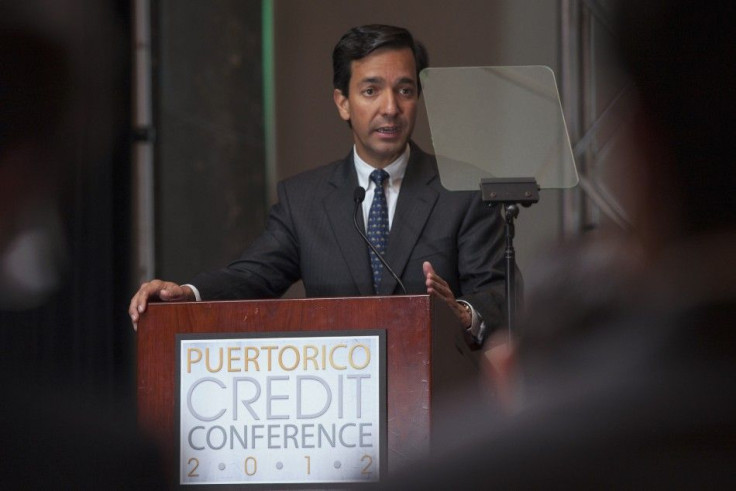Puerto Rico Could Become 51st State After Voters Back Statehood Referendum

The United States could be on the way to welcoming its 51st state into the union.
It may have been overshadowed on Election Day, but Puerto Ricans made huge news on Tuesday: For the first time, they voted in favor of statehood in a nonbinding referendum, the first time such a ballot initiative was a approved by a majority of residents.
The U.S. territory’s two-part referendum vote showed most of the island’s electorate supports a change in national status, a majority of whom gravitated toward statehood. The first ballot question simply asked voters if they favored a change in the island's status, according to The Associated Press, which reports just under 54 percent of residents voted in favor of that change.
But the second referendum question offered a choice among three possible status changes – statehood (which won 61 percent of the vote), "sovereign free association" (33 percent) and complete independence (5 percent).
The second option would have established Puerto Rico as a sovereign nation separate from, but bound to the United States on a terminable basis. As a U.S. territory, the island currently uses the dollar and its residents are U.S. citizens who serve in the military and have full voting rights -- if they move to the mainland.
However, it does not elect voting representatives to Congress and residents cannot vote in presidential elections. The island is represented on Capitol Hill by a non-voting delegate.
A staggering 58 percent of Puerto Ricans reside on the mainland United States, according to Puerto Rico Secretary of State Kenneth McClintock, who told CNN that the shrinking population and economic downturn likely contributed to the win for statehood.
“When you have a political status that scares away half of your population, it is time to reject that political status," he said.
Previous referenda for statehood failed in 1967, 1993 and 1998.
But the path to statehood is not clear-cut. Congress would have to approve a Puerto Rican bid for statehood, something President Barack Obama has previously said he would respect in the event of a majority decision. Still, it is unclear as to whether the margin of victory is significant enough for lawmakers to take on the issue, particularly since multiple news outlets have reported that about one-third of ballots were left blank on the question of preferred alternative status.
Plus, the island has lost one of its most vocal proponents for statehood: Gov. Luis Fortuno.
Fortuno, a Republican ally, conceded defeat Tuesday night to his opponent Alejandro Garcia Padilla, whose party supports Puerto Rico’s current status.
© Copyright IBTimes 2024. All rights reserved.




















